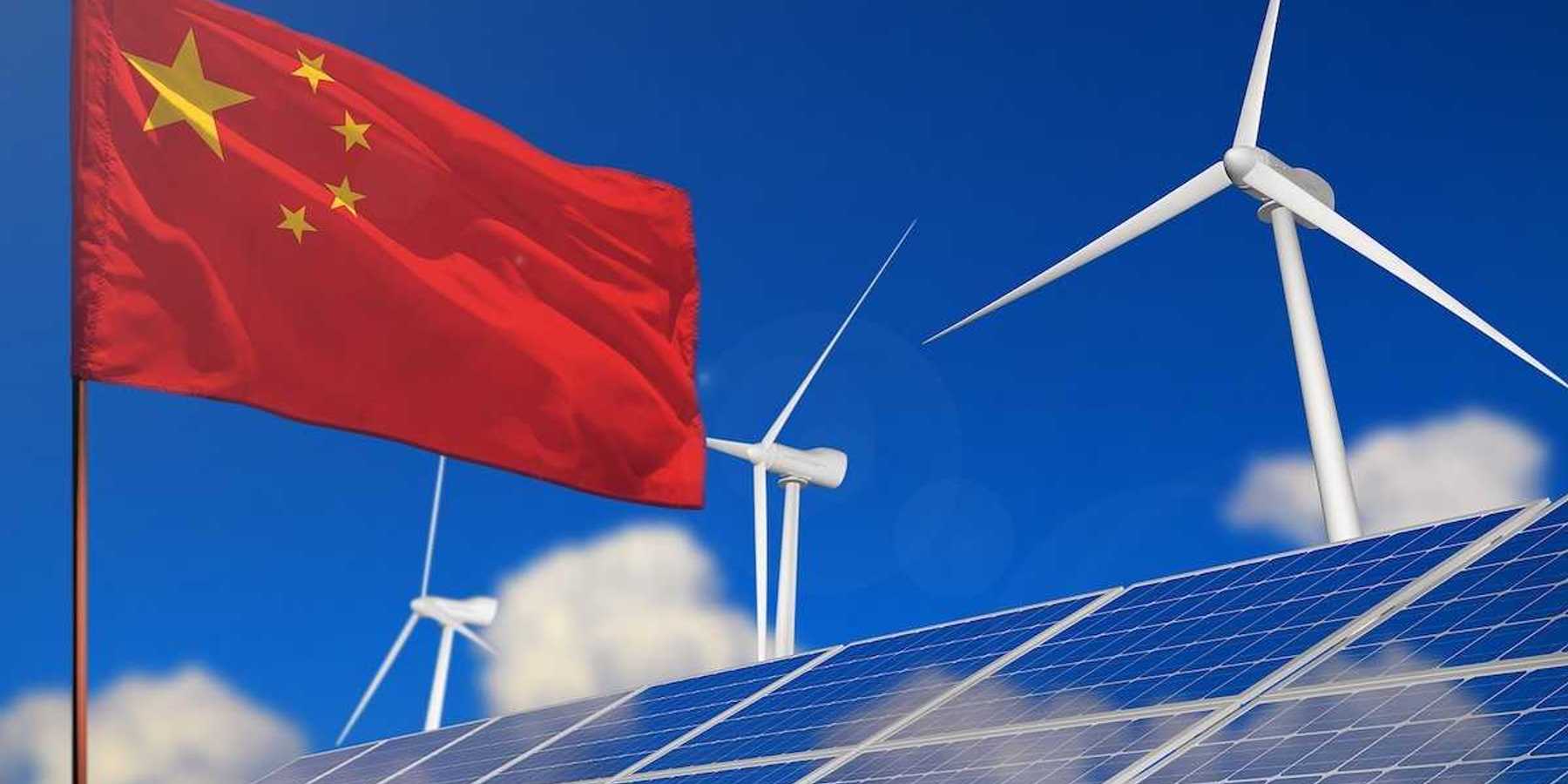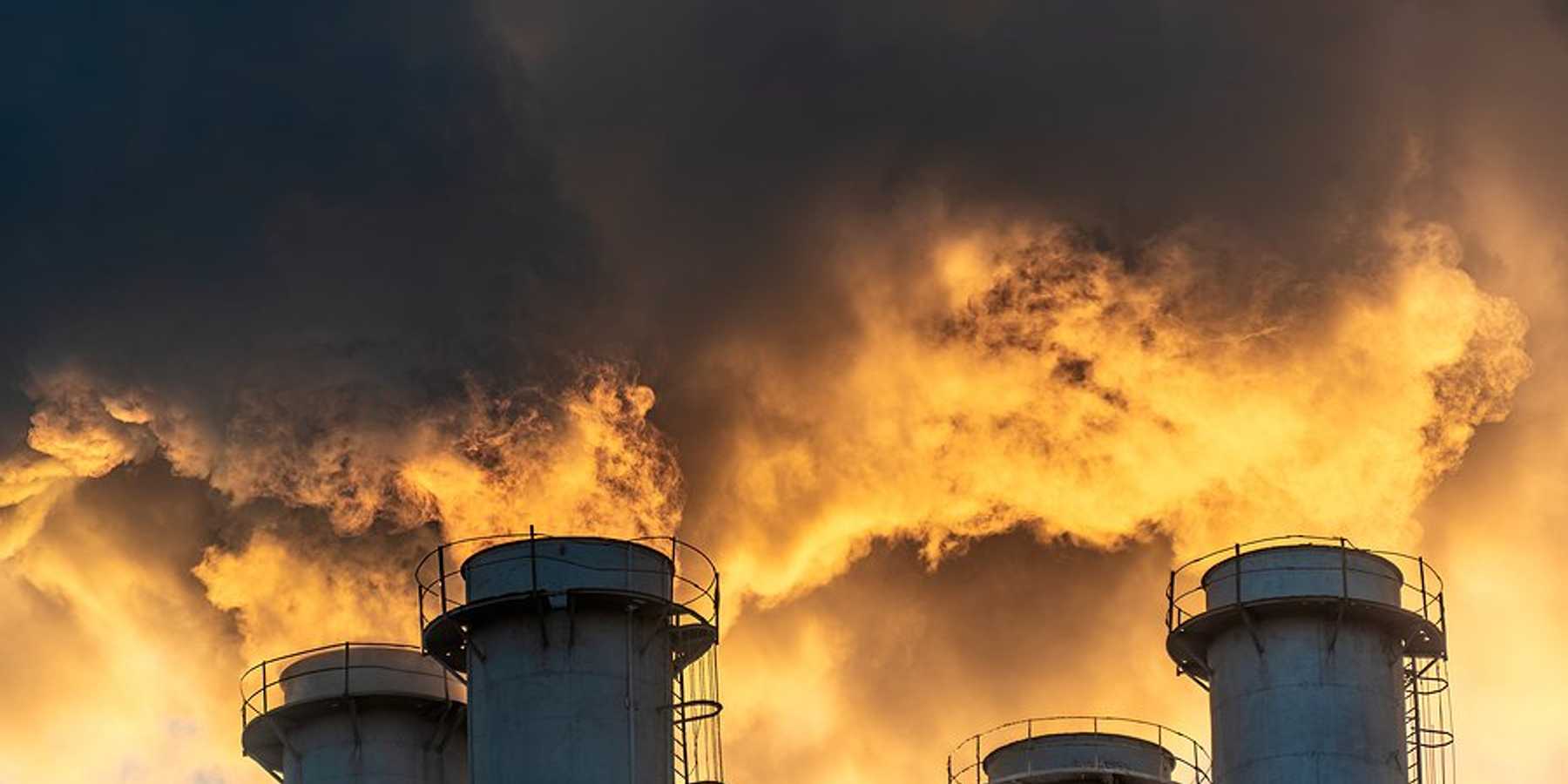G7 nations agree to phase out coal usage by the mid-2030s
Energy ministers from the G7 are set to endorse an agreement to cease coal use in power generation by the mid-2030s, with potential exceptions for Germany and Japan.
Francesca Landini reports for Reuters.
In short:
- The G7 commitment targets the elimination of coal-fired power plants by the early 2030s, yet allows flexibility for member states under certain conditions.
- Germany and Japan may continue using coal beyond the general deadline due to their significant reliance on coal power.
- The decision aligns with global efforts from last year's COP28 summit, aiming to reduce the most harmful fossil fuel emissions.
Key quote:
"We are working on it, I cannot go any further... if there is a final decision I will communicate it,"
— Gilberto Pichetto Fratin, Italian Energy Minister
Why this matters:
The agreement, expected to be formally endorsed soon, signals a strong commitment from some of the world's largest economies to reduce greenhouse gas emissions and transition away from fossil fuels, which are major contributors to climate change. The decision aligns with scientific calls to limit global warming to 1.5 degrees Celsius above pre-industrial levels—a target that requires drastic reductions in carbon emissions.
Related EHN coverage: Swapping out coal energy for solar would prevent 52,000 premature deaths in the United States every year.













